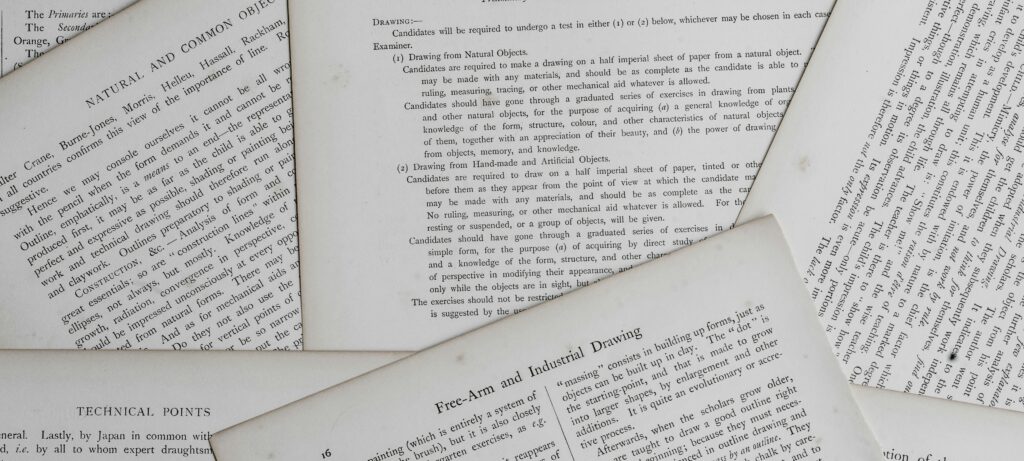
If you’ve ever searched for resume advice, you’ve probably heard the golden rule:
“Your resume should be one page. No exceptions.”
But is that really true?
The short answer: Not always.
Resume length depends on your experience level, industry, and job type. While a one-page resume works well for some candidates, forcing everything onto one page isn’t always the best strategy—and in some cases, it can hurt you.
Let’s break down when a one-page resume makes sense, when it doesn’t, and what hiring managers actually care about.
Read more on: What NOT to Include in a Resume: 9 Mistakes That Can Cost You the Job
Where Did the One-Page Resume Rule Come From?
The one-page resume rule became popular when:
🔹 Resumes were printed and physically handed to employers.
🔹 Recruiters had to flip through stacks of paper applications.
🔹 Hiring teams wanted quick, easy-to-read summaries.
📌 Today, hiring has changed. Most resumes are submitted digitally, and recruiters use Applicant Tracking Systems (ATS) to scan applications before a human even sees them.
Translation? The one-page rule is outdated for many professionals.
When Should Your Resume Be One Page?
A one-page resume is the best choice if:
✅ You have less than 5 years of experience – Entry-level and early-career candidates can typically fit relevant experience on one page.
✅ You’re applying for internships or recent grad roles – Employers expect short, concise resumes for junior positions.
✅ You’re making a simple career change – If your past experience doesn’t need much explaining, one page is fine.
✅ You work in a field where brevity is key – Some industries (e.g., consulting, investment banking, graphic design) prefer one-page resumes for efficiency.
📌 Tip: If you’re using a one-page format, prioritize impact—remove unnecessary sections like high school experience or unrelated side projects.
When Should Your Resume Be More Than One Page?
If your experience justifies it, a two-page (or longer) resume is completely acceptable. A longer resume makes sense if:
✅ You have 5+ years of experience – Mid-career and senior professionals often need more space to highlight achievements.
✅ You’re applying for leadership or specialized roles – Executive, technical, or academic jobs may require detailed experience.
✅ Your industry values detailed resumes – Tech, engineering, research, healthcare, and academia often expect two+ pages to show technical skills and projects.
✅ You’ve had multiple roles with major accomplishments – If cutting your resume to one page means losing key achievements, it’s better to go longer.
📌 Tip: If your resume is longer than one page, ensure the most critical information is on the first page, since that’s where recruiters focus first.
What Hiring Managers Actually Care About
The length of your resume matters less than its content. Recruiters and hiring managers care about three main things:
✔ Is it easy to read? – Clear formatting, bullet points, and logical sections make it skimmable.
✔ Is it relevant? – Every job you list should directly support the role you’re applying for.
✔ Does it highlight impact? – Your resume should focus on achievements, not just responsibilities.
📌 A well-structured two-page resume is far better than a crammed, hard-to-read one-pager.
🚨 What to Avoid:
❌ Fluff & filler – Every bullet point should provide value.
❌ Unnecessary jobs – Remove outdated or irrelevant roles.
❌ Too much personal information – No need for high school achievements or hobbies (unless directly relevant).
How to Decide Your Resume Length
Use this simple rule of thumb:
- 0-5 years of experience → 1 page is best.
- 5-10 years of experience → 1-2 pages, depending on complexity.
- 10+ years or senior roles → 2+ pages if needed.
📌 Still unsure? Focus on quality over quantity—keep your resume as long as it needs to be, but as short as it can be.
Length Matters Less Than Impact
✔ A one-page resume is NOT a strict rule—many professionals benefit from two pages.
✔ Hiring managers care about clarity, relevance, and achievements—not page count.
✔ Make your resume as short as possible without sacrificing important details.
Instead of stressing over one page vs. two pages, focus on making your resume compelling, scannable, and tailored to the job.
